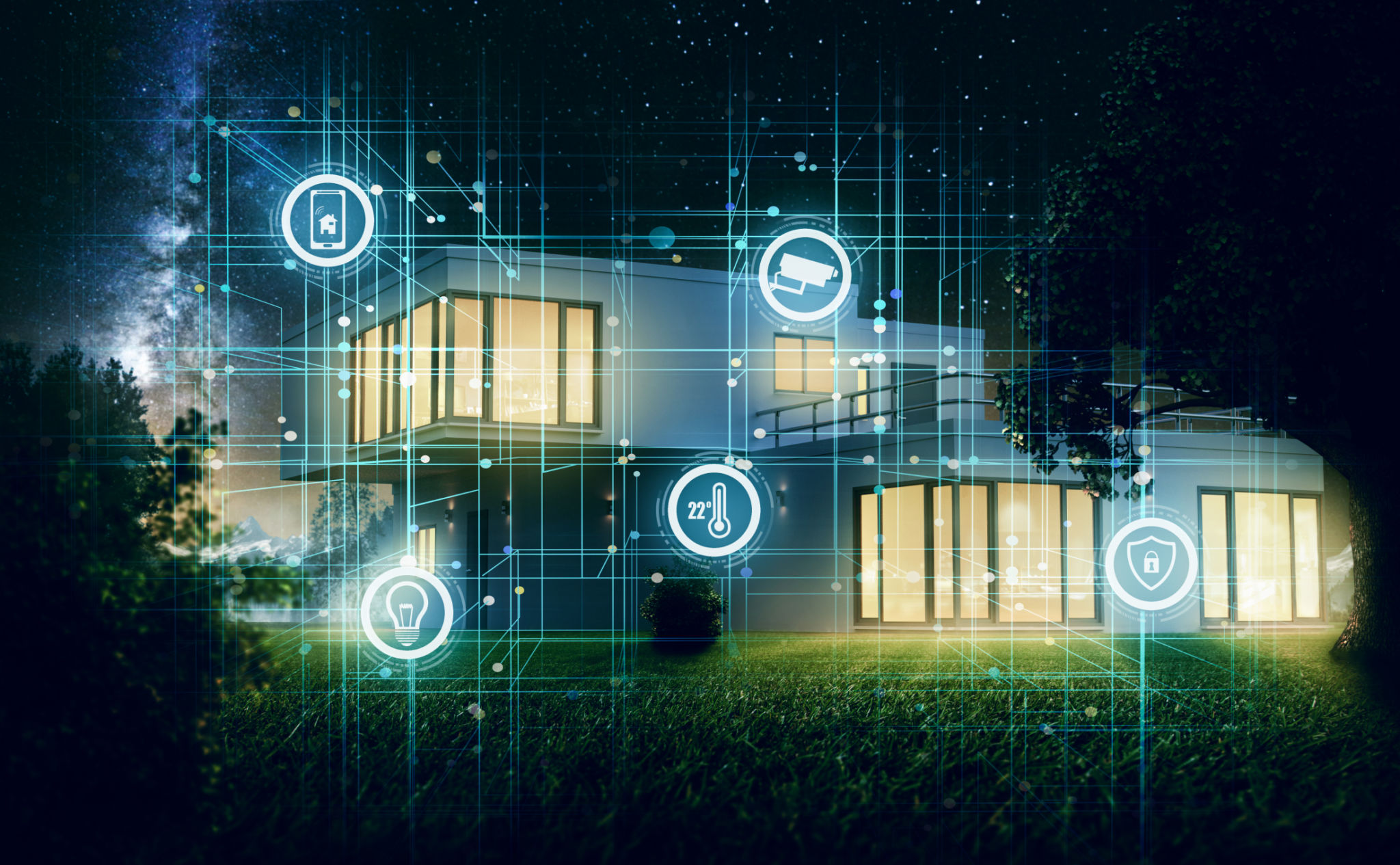The Future of Residential Security Systems: Innovations and Trends
IS
Introduction to Modern Residential Security Systems
The landscape of residential security systems is rapidly evolving, driven by technological advancements and changing consumer needs. As homeowners become more tech-savvy, they are increasingly seeking systems that offer more than just basic protection. The future of residential security is poised to integrate smarter, more efficient, and user-friendly technologies.
With a shift towards smart homes, security systems are becoming more interconnected with other home technologies. This integration is set to revolutionize how we think about home safety, making it not only more secure but also more convenient.

Smart Home Integration
One of the most significant trends in residential security systems is the integration with smart home devices. Modern security solutions now work seamlessly with smart assistants like Alexa and Google Home, allowing homeowners to control their security systems via voice commands. This level of integration ensures ease of use and adds an extra layer of control over home safety.
Moreover, these systems can now connect with other smart devices such as thermostats, lights, and even kitchen appliances. This interconnectedness means that security systems can offer features like turning on the lights if a motion detector is triggered, adding both security and convenience.
Artificial Intelligence and Machine Learning
Artificial intelligence (AI) and machine learning are playing a crucial role in the evolution of residential security systems. These technologies allow for more accurate threat detection and can distinguish between regular activity and potential security breaches. AI-powered cameras, for instance, can recognize familiar faces and notify homeowners in real-time if an unknown person is detected.

Enhanced Video Surveillance
Video surveillance has been a staple of home security for years, but recent innovations are taking it to new heights. High-definition cameras with night vision and wide-angle lenses are becoming standard, providing clearer and more comprehensive coverage. Additionally, many systems now offer cloud storage options, enabling homeowners to access footage from anywhere at any time.
Another exciting development is the introduction of facial recognition technology. This allows security systems to identify individuals based on their facial features, providing an extra level of personalization and security.
Mobile Accessibility and Remote Monitoring
The ability to monitor your home security system remotely is becoming an essential feature for many homeowners. With the proliferation of smartphones and mobile apps, users can now access live video feeds, receive alerts, and manage their entire security setup from anywhere in the world. This capability ensures that homeowners are always informed about their property’s safety status.

Sustainability in Security Systems
As environmental consciousness grows, the demand for sustainable security solutions is also increasing. Many companies are now focusing on developing eco-friendly products that reduce energy consumption without compromising on functionality. Solar-powered cameras and energy-efficient sensors are becoming popular choices among environmentally conscious consumers.
These innovations not only help reduce the carbon footprint but also offer cost savings in the long run, making them an attractive option for modern homeowners.
The Role of IoT in Security Advancements
The Internet of Things (IoT) is a driving force behind many of the advancements in residential security systems. By connecting various devices through the internet, IoT enables more seamless communication between different components of a home security system. This connectivity allows for more sophisticated automation and control features, enhancing overall system efficiency.
As IoT continues to evolve, we can expect even more innovative solutions that will further enhance residential security and provide homeowners with peace of mind.
